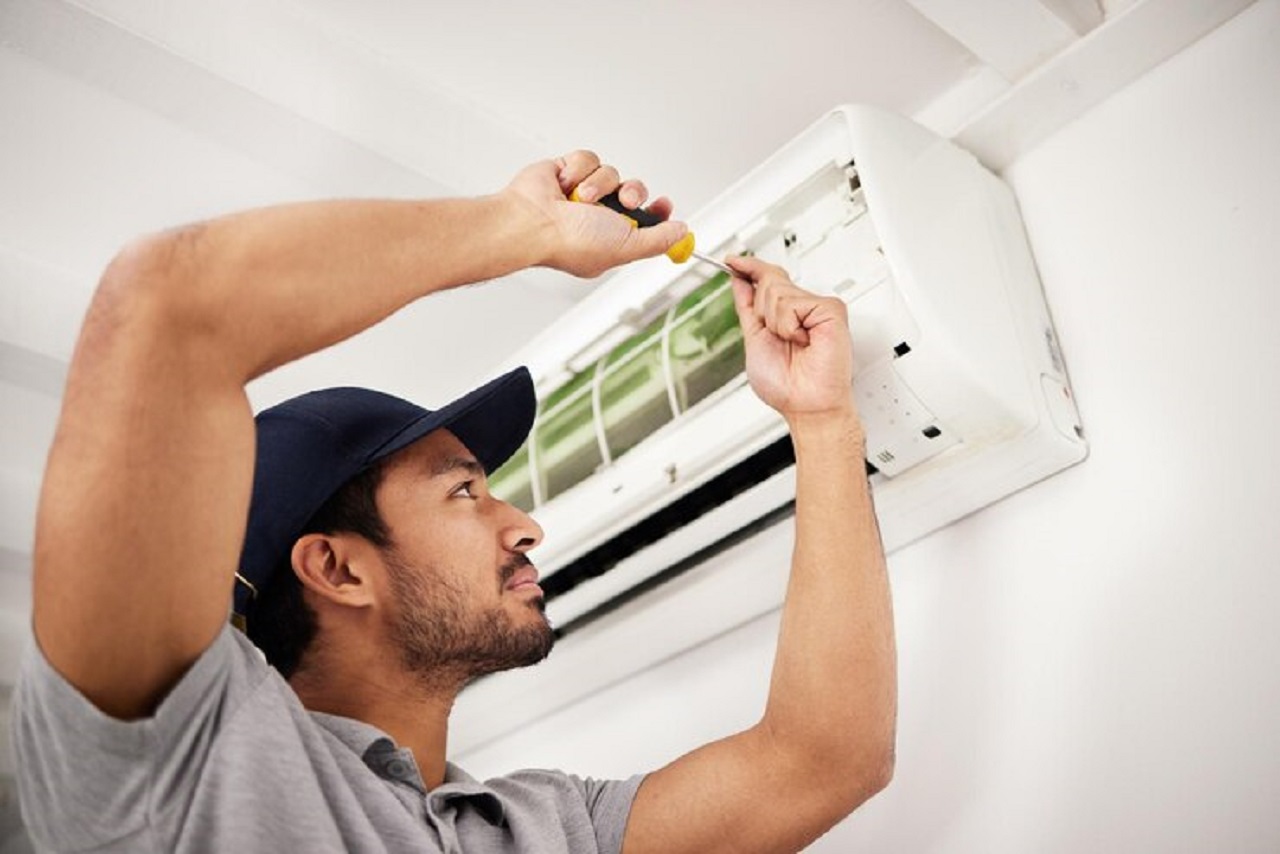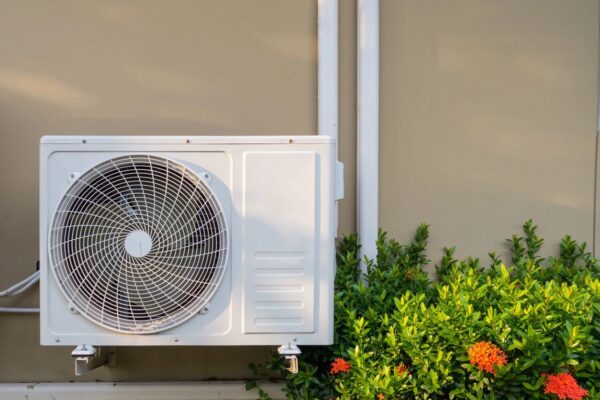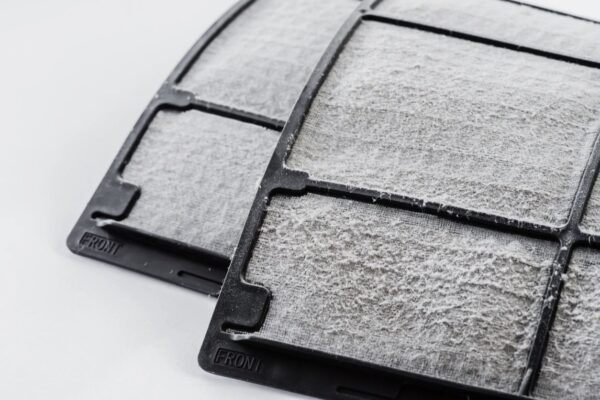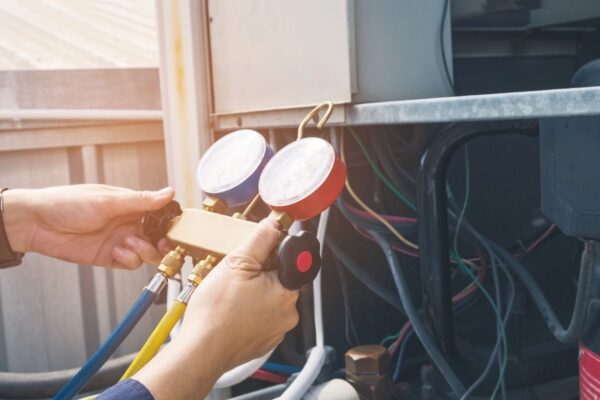When your AC keeps turning on and off in short bursts, it’s not just an annoying sound. There’s a real problem going on. This kind of behavior, called short cycling, can wear out your system faster than usual, raise your energy bills, and leave your home far warmer than you’d like—especially during the sticky Florida summer. It interrupts the cooling cycle, which means your system never really gets to finish its job. If you’ve caught your unit doing this, it’s not something you should ignore.
Short cycling doesn’t just happen for no reason. Sometimes it’s easy to fix, but other times it signals a bigger issue within the system. Whether it’s a thermostat problem or something more serious like a refrigerant leak, there are a handful of causes that might be behind it. The good news is that spotting what’s going wrong is the first move toward getting your AC back on track and saving it from extra wear and tear.
Common Causes of AC Short Cycling
When your AC starts short cycling, there’s usually a clear reason. While some causes are easy to find, others need a closer look. Ignoring these issues can take years off your system’s lifespan. Here are some of the most common causes:
1. Wrong Thermostat Placement or Faulty Sensors
If your thermostat is installed too close to a vent, window, or door, it may read the temperature incorrectly. For example, cool air blowing directly on it or sunlight heating it up can make the thermostat think the house is cooler or hotter than it really is. That can lead to the AC shutting off too early and then turning back on before it should. Also, if the thermostat’s sensor isn’t working right, it could send mixed signals to your AC unit.
2. Dirty or Clogged Air Filter
When your air filter is full of dust and debris, it blocks airflow through the system. That leads to overheating, and the unit may shut off early to protect itself. Once the system cools down, it kicks back on, and the cycle repeats itself. Swapping out your air filter regularly is a simple way to stop this from happening.
3. Refrigerant Problems
Low refrigerant means your system has to work harder to cool your home. When refrigerant levels drop, pressure inside the system gets thrown off, often leading to short cycling. You may notice weak or warm airflow, ice buildup on the unit, or a hissing sound—all of which could mean there’s a leak somewhere.
4. Oversized AC Unit
If your AC is too powerful for the space it’s cooling, that can be a problem. It cools your home so fast that it shuts off before completing a full cycle. It may feel cool at first, but the unit won’t run long enough to remove humid air, which means the space won’t feel truly comfortable. Then the temperature rises again quickly, causing the unit to restart. This constant on-off cycle wears down parts faster than normal.
Any of these problems can lead to short cycling, and if you don’t address them in time, they can cause expensive breakdowns. Catching the issue early can save you time, stress, and money, especially during the hotter months in Florida.
Diagnosing the Problem
You don’t need to be an expert to start figuring out what might be causing short cycling. There are a few steps you can take to investigate the issue.
Start by checking the thermostat. Make sure it isn’t located next to a vent, window, fan, or any other spot that might make it think the room is warmer or cooler than it really is. Adjust the temperature settings to see if the system responds accurately. An outdated or broken thermostat should be replaced by a technician for best results.
Then check your air filter. If it looks dirty or clogged, switch it out with a new one. Air filters should generally be replaced every one to three months, depending on your home’s needs. Clean filters help your system breathe better, cool more effectively, and prevent overheating.
If you think refrigerant might be the problem, look for signs like ice on the AC unit, hissing or bubbling sounds, or air that feels warmer than usual. These are good indicators that there may be a leak. This kind of issue should always be handled by a professional, since handling refrigerants requires proper tools and safety knowledge.
Wondering if your AC may be oversized? Think about how it runs. Does it start up and shut down super fast? Are some rooms too cold while others stay warm? These could be signs the unit is too big for your space. Having a technician evaluate your home’s cooling requirements can help uncover whether this is part of the problem.
Preventive Measures and Solutions
To stop short cycling before it starts, routine maintenance is a must. Booking an annual check-up for your HVAC system helps catch small issues early, which can make a big difference later on. A trained technician will look over refrigerant levels, clean critical components, test electrical systems, and ensure everything is operating smoothly.
If your thermostat is poorly placed, think about having it moved. The goal is for it to read the average temperature of the room, not pocket zones of heat or cold near windows and vents. A technician can move and recalibrate it in a better spot.
If you already suspect refrigerant issues, leaks, or pressure problems, bring in a professional right away. Trying to fix this on your own can make matters worse. They’ll know how to test and recharge the system safely.
For problems caused by the wrong size unit, the only reliable fix is to have a professional evaluate your system and, if needed, recommend a correctly sized replacement. Having an AC unit that’s the right size for your home keeps things cool and helps avoid short cycling in the future.
Staying Comfortable While Addressing the Issue
Dealing with short cycling can leave your home warmer than you’d like, especially in the middle of a Florida summer. Here are a few ways to stay cool and comfortable while you’re waiting for repairs:
– Run ceiling or portable fans to move air around the rooms.
– Keep blinds or drapes closed during peak sunlight hours.
– Drink more water to stay hydrated and bring down your body temperature.
– Limit physical activity during the hottest parts of the day.
– Use a portable AC or moveable fan in critical areas, like bedrooms or home offices.
These tricks can take the edge off until repairs are finished, helping your home stay more livable, even if the cooling system isn’t working perfectly yet.
Give Your AC a Better Future
Short cycling might seem like a small quirk in how your AC runs, but it’s actually a red flag. Letting this pattern go unchecked puts extra stress on key parts of your system, leading to more breakdowns and a shorter lifespan. By paying attention to signs like thermostat issues, airflow problems, low refrigerant, or an oversized system, you can get ahead of damage and cost.
Make maintenance a regular part of your routine, and don’t hesitate to bring in a professional when something doesn’t feel right. Proper sizing, clean filters, and seasonal check-ups can help your AC unit last longer and cool your home more evenly.
Taking the time to understand what causes short cycling—and acting quickly once it starts—can keep your Florida home cooler, your repair bills lower, and your comfort on track all year long.
We’ve got you covered when it comes to keeping your AC running smoothly throughout the intense Florida heat. If you’ve noticed any signs of short cycling or other issues, our expert team at Roman Air Cooling and Heating can provide the help you need. For reliable AC repair services, reach out to make sure your cooling system stays in top shape, making every corner of your home comfortable again.



